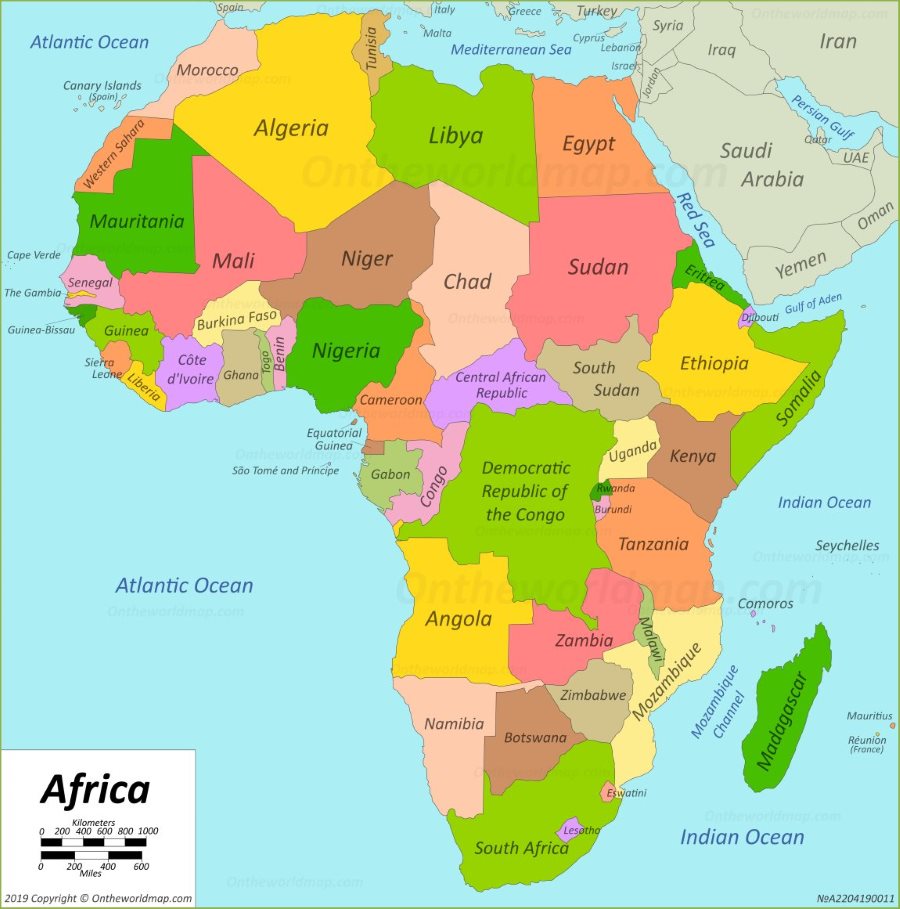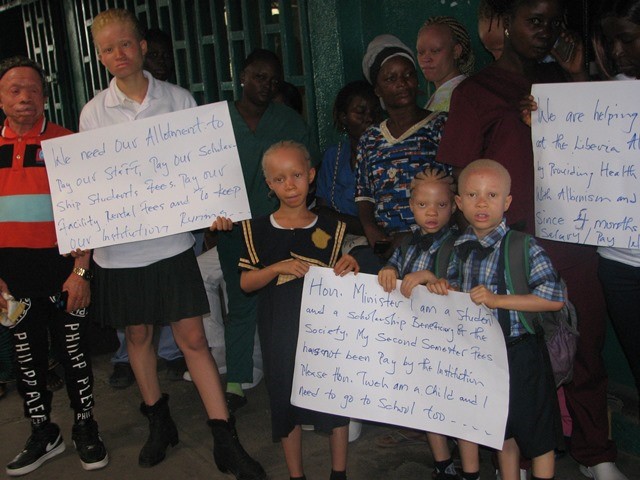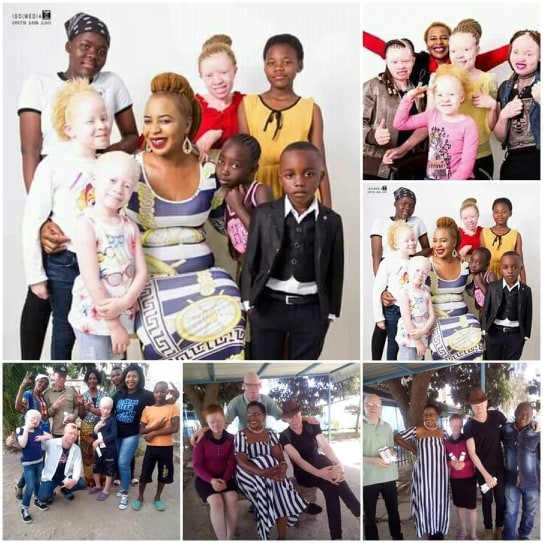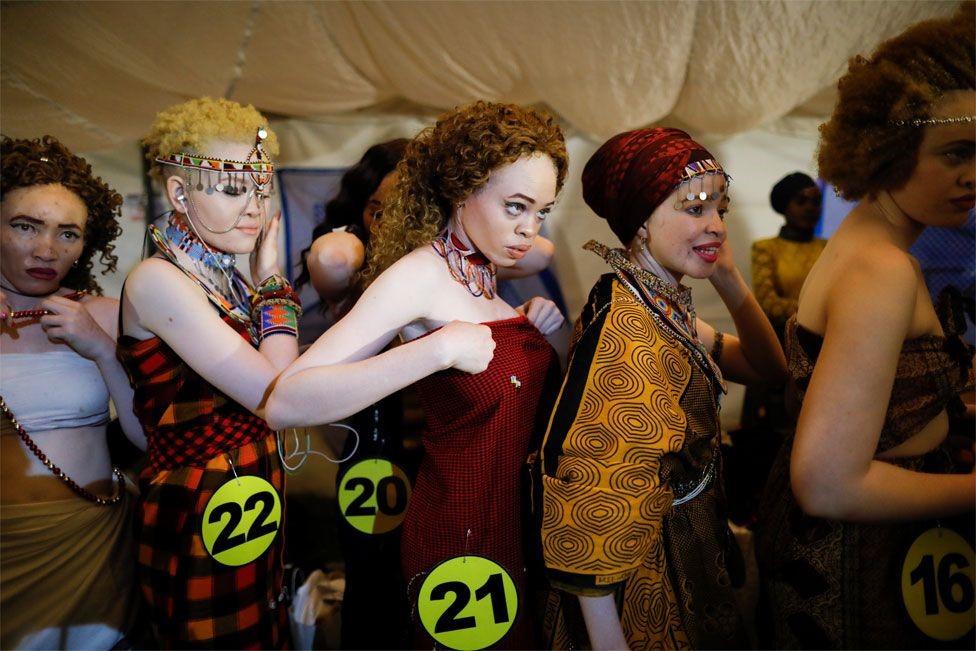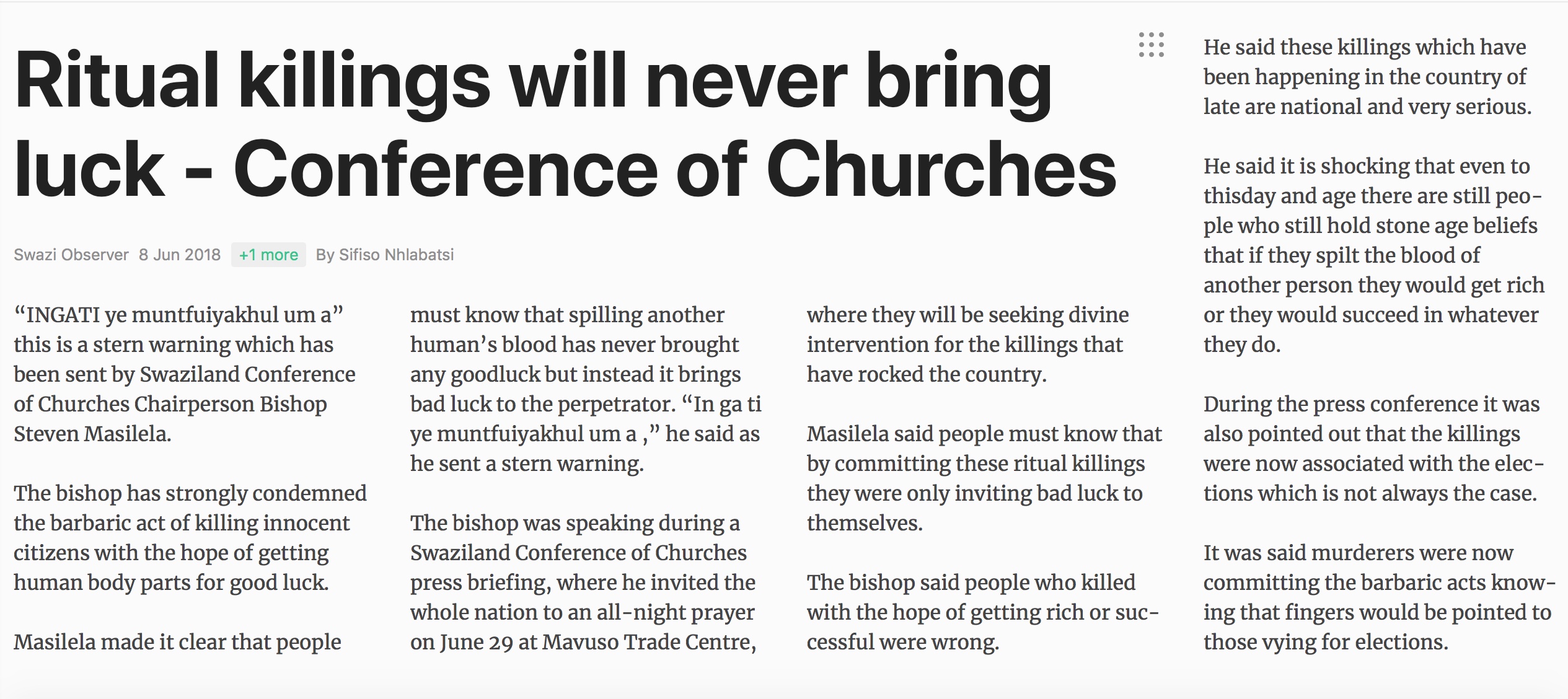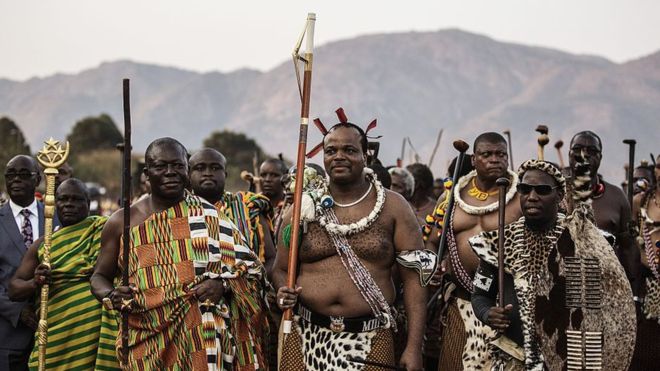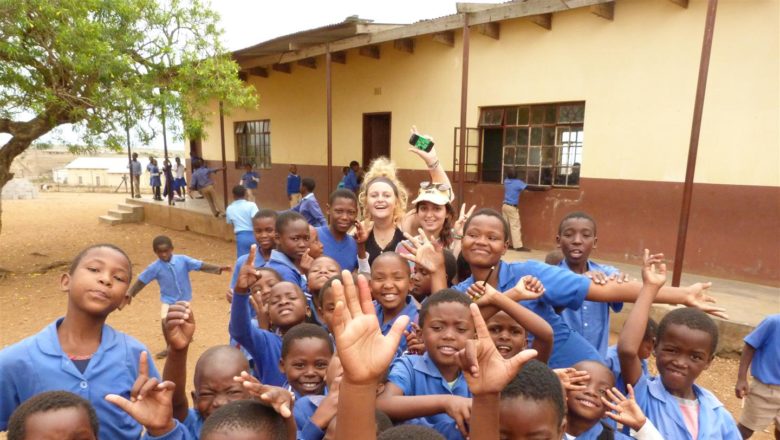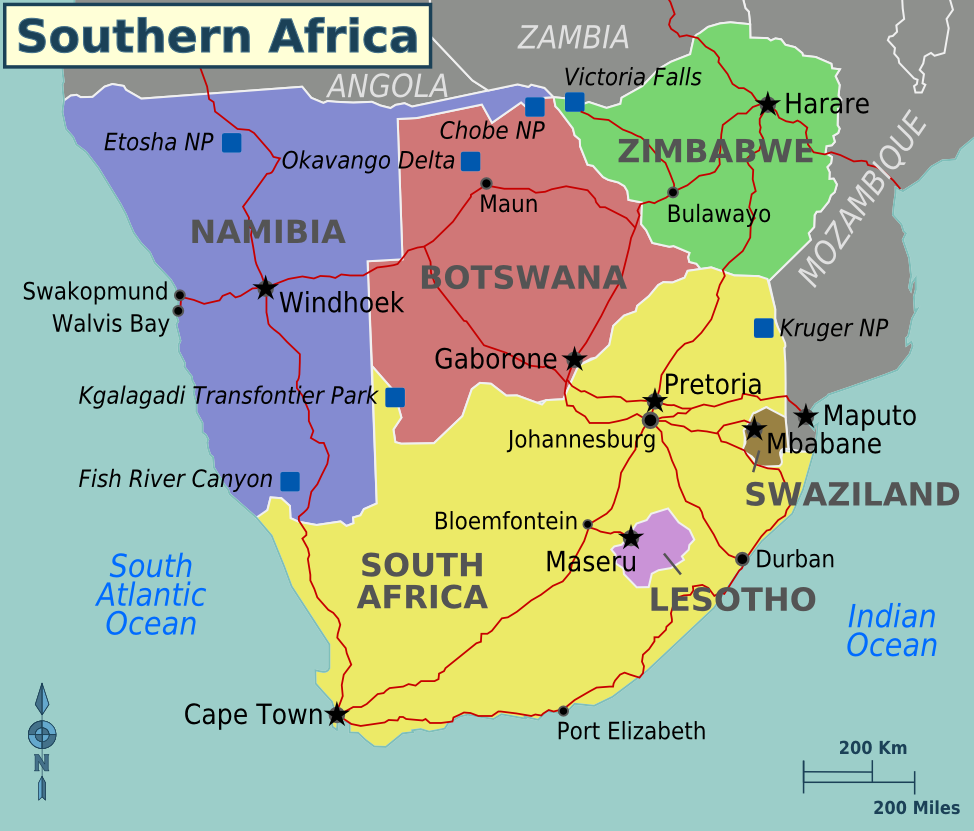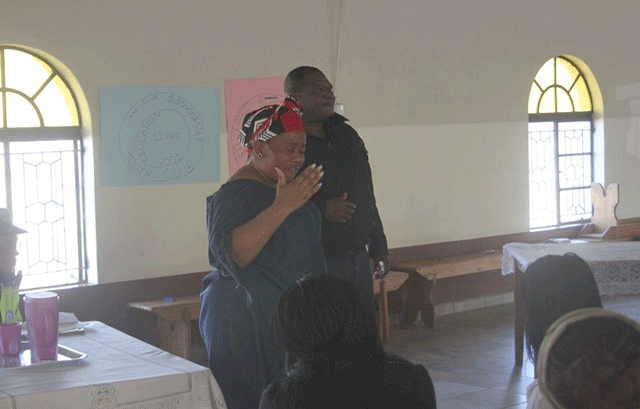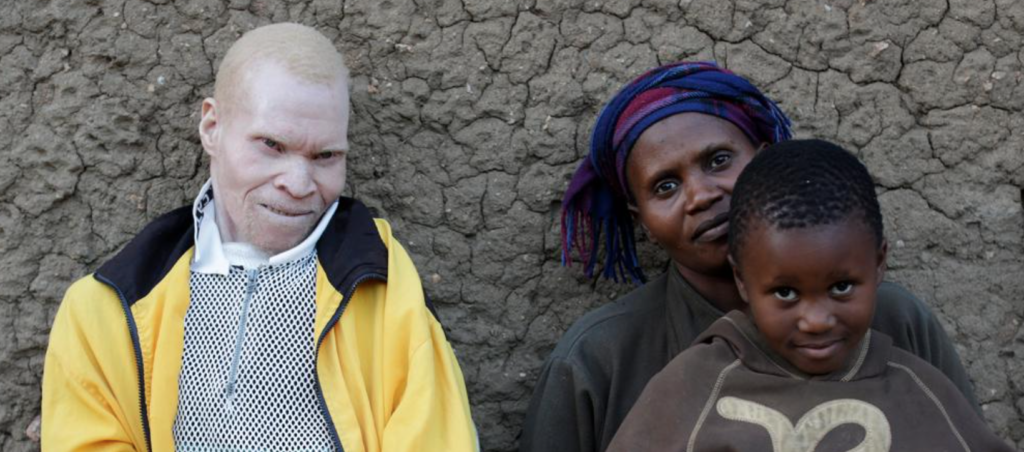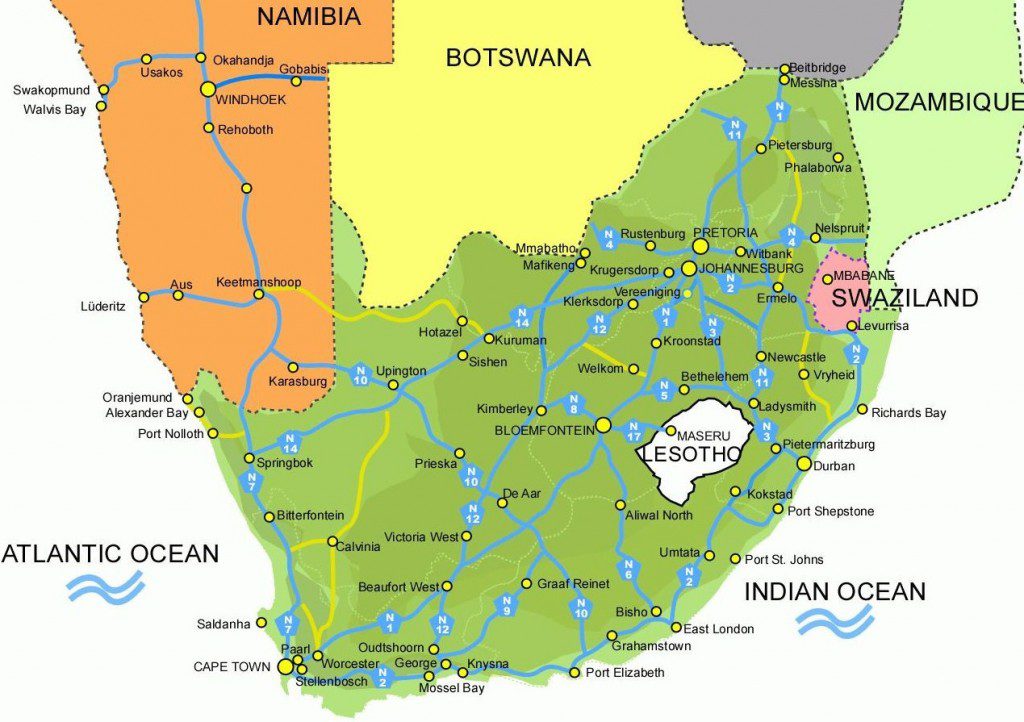A few days ago my attention was drawn by an Op-Ed article in an online Namibian newspaper, New Era Live. The article was entitled: “Ritual killings: Cry my beloved humankind“. It is a cry for attention, a cry for vigilance, a cry for leadership and for stiffer sanctions for those who are responsible for these heinous crimes, including traditional healers and – too often – relatives of the innocent victims, in many cases young children.
The anonymous author (a staff reporter) starts his or her plea stating “I want to share with you the excruciating pain that stabs my heart every time I read or hear about the senseless loss of life due to ritual or muti killings.”
I was shocked reading this. Is the present situation that bad? How frequent are ritual murrders (‘muti murders’) in Southern Africa?
I monitor relevant events in African countries with particular interest, as this site also demonstrates. Whereas I feel a kind of pride or joy when confronted with readers and/or reporters rejecting the repulsive practices of ritual or muti murders, it also hurts to see a confirmation of the plague that terrorizes too many people in too many African countries.
“One shudders to think about the many muti killings of people, young and old, that are happening almost on a daily basis in Southern Africa in particular, (…)”, the anonymous author continues.
Also revealing is the following statement:
“A study carried out in South Africa by scholars Randitsheni, Masoga and Madzusi (2017) revealed that “[some] pastors, businessmen, traditional leaders and leaders are involved in ritual murders”. The three scholars give more details of their research findings in their paper titled “Some perspectives on the impacts of ritual murders in the Vhembe district of South Africa: An interpretive phenomenological approach” which was published in the Journal of Social Sciences (Volume 48, Number 3). This is not to give an impression that ritual murders occur in South Africa only. Other scholars who have conducted researches in this area have revealed similar results in Zimbabwe, Zambia, Botswana, Tanzania, Nigeria, Eswatini, Uganda, and Namibia, just to mention a few countries. “
I am flabbergasted. At the same time I am proud of the author and everyone who thinks alike. It strikes me that this cry for justice, for the eradication of this scourge in our contemporary societies, comes from Namibia. Apparently, much more occurs beneath the surface in this Southern African country than one would think at first glance. The ‘New Era’ newspaper which published this op-ed is a leading source of community and national news in Namibia. Its owners and editors are to be commended for their courageous decision to publish this view. May many more newspaper owners, editors and journalists join the war against ritualistic murders in Africa.
Together it will be possible to eradicate this medieval belief in superstition. Nothing is impossible. “You never fail until you stop trying.”
(webmaster FVDK)

“Ritual killings: Cry my beloved humankind”
Published: October 22, 2020
By: New Era Live, Namibia
If you are reading this article, wherever you are, prepare to shed tears. Prepare to travel with me on this emotional journey, as I interrogate the evil that men do, that of ritual killings, which have left people questioning the essence of life, since some people can take it away from you or someone at once, just like that. I want to share with you the excruciating pain that stabs my heart every time I read or hear about the senseless loss of life due to ritual or muti killings.
The world has turned topsy-turvy, completely upside down, and everyone’s life is at risk, either directly or indirectly. People fear for their lives and the lives of their children and loved ones. Everyone’s life is in danger as there are some immoral people who have taken the law into their hands, and can decide how many more days you are left with alive on this earth. It is horrendous.
The stonehearted murderers can be anyone ranging from, paradoxically, people closest to you, to complete strangers. The love of riches and fame, the eagerness to get rich quickly without working for it, and the love of power and fame have led people to involve themselves in atrocious, inhuman activities. One shudders to think about the many muti killings of people, young and old, that are happening almost on a daily basis in Southern Africa in particular, and elsewhere in the world. Research reveals that ritual killings are so rampant in Africa that some researchers have described ritual murder as a pandemic. The grisly killings of innocent victims, especially children and women, have shocked communities, societies and the whole world.
Many unsuspecting victims have been lured by people they know and killed for ritual purposes. We have read and heard about small children and teenagers who have been brutally murdered by their close relatives. As you read this article, or as you sit there at home or in a classroom – wherever you are – always bear in mind that you may be a candidate for ritual murder. Many victims have lost their lives through the involvement of their close relatives or loved ones. In these cases, it becomes tricky for the law enforcement agents to prevent such murders as relatives and loved ones are supposed to take care of the children, and not to kill them.
The belief that a human being’s body parts or limps bring luck, riches and power to people has fuelled the crime of ritual killing. Corpses have been discovered without heads, private parts and internal organs, suggesting that these are the most sought-after parts to be used in muti or medicinal concoctions. As the evil men harvest human body parts for their benefits, societies are traumatised, yet it is in these societies that we find the perpetrators of this heinous crime. It is in these societies that most of the killings are secretly planned and executed. The irony is that some respectable members of these communities promote these ritual murders for various reasons. Some of them are leopards clothed in sheep’s skins.
A study carried out in South Africa by scholars Randitsheni, Masoga and Madzusi (2017) revealed that “[some] pastors, businessmen, traditional leaders and leaders are involved in ritual murders”. The three scholars give more details of their research findings in their paper titled “Some perspectives on the impacts of ritual murders in the Vhembe district of South Africa: An interpretive phenomenological approach” which was published in the Journal of Social Sciences (Volume 48, Number 3). This is not to give an impression that ritual murders occur in South Africa only. Other scholars who have conducted researches in this area have revealed similar results in Zimbabwe, Zambia, Botswana, Tanzania, Nigeria, Eswatini, Uganda, and Namibia, just to mention a few countries. As I write, the Zimbabwean community is failing to come to terms with how a man could have allegedly taken part in the planning and ritual killing of his brother’s seven-year-old son. The account of the cold blooded murder of the fateful boy by the co-accused man, in this case, is available on Youtube for those who have the guts to listen to such a chilling narrative of a despicable act.
The ubiquity of ritual murders in Africa proves that the crime is a scourge in our contemporary societies. The crime is a cancer that is spreading in our societies at an alarming rate. The belief in supernatural powers and superstition are the driving forces of ritual murders and sacrificial killings in our societies. Traditional healers tell you, for example, that in order for you to be successful in life, you must kill your son or daughter, or someone you love dearly like your wife. Foolishly, some people believe this and they murder their loved ones for nothing.
It is also true that the moral fabric of our societies is decaying at a fast rate. The African concept of Ubuntu seems to be melting away fast, leaving a culture of violence in our societies. One result of the loss of Ubuntu is that the sanctity of human life is no longer respected; this is why some people can be hired to kill for money.
Concerned researchers on ritual murders have gone to the extent of studying ancient civilisations. They have revealed that the bible is replete with sacrificial killings or offerings of human beings. In some religions, sacrificial killings happen today.
In order to curb ritual murders, families should be vigilant and protect their children. Community leaders and politicians must denounce these killings at gatherings. Stiffer sentences must be imposed on criminals convicted of ritual murders. Let us teach the love of one another as humans in our homes. Ubuntu teachings should find a place in our homes. Let us be exemplary to our children since psychologists have proved that children learn what they live. Say no to ritual killings and save lives.
Source: Opinion – Ritual killings: Cry my beloved humankind
